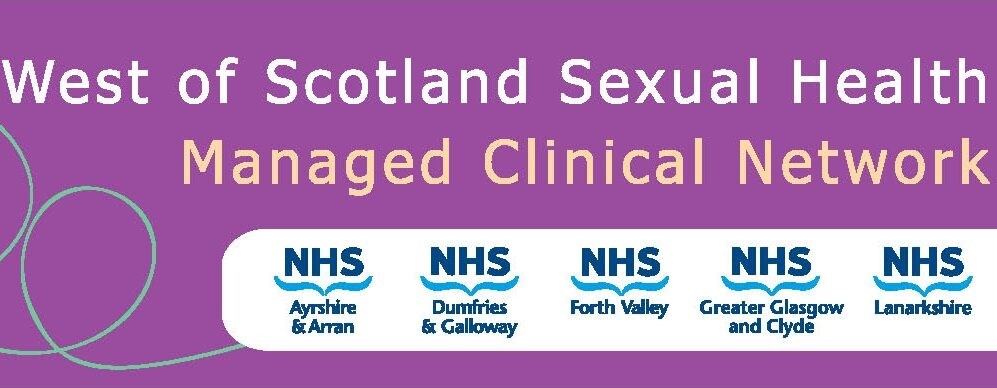At first prescription of CHC all women should be informed that:
- CHC use is safe for the majority but can be associated with rare but serious harm.
- Venous thrombo-embolism (VTE):
- There is a small increase in the risk of VTE with CHC use.
- This risk is highest in the first 4 months of CHC use.
- It reduces but remains stable thereafter.
- The risk returns to that of non-users within weeks of discontinuation. (see table below).
- When counselling women it is important to emphasise that while some progestogens within CHCs may be associated with a higher risk of VTE than others, the risk of a venous thrombosis in women who use the CHC is very small – smaller than that associated with pregnancy and the puerperium.
| |
Risk of VTE per 10,000 women years |
| Non contraceptive users and not pregnant |
2 |
CHC containing ethinylestradiol plus
levonorgestel, norgestimate or norethisterone |
5-7 |
CHC containing etonogestrel (ring) or
norelgestromin (patch) |
6-12 |
CHC containing ethinylestradiol plus
gestodene, desogestrel or drospirenone |
9-12 |
| Pregnancy |
29 |
| Immediate Postpartum period |
300-400 |
- There may be a small increase in the risk of heart attack with CHC use. (see UK Medical Eligibility Criteria for Contraceptive Use (UKMEC)).
- There may be an increased stroke risk, particularly in migraine sufferers with associated aura (see UK Medical Eligibility Criteria for Contraceptive Use (UKMEC))
- Any increased risk of breast cancer is likely to be small (RR 1.24) and returns to no increased risk 10 years after stopping COC. Users of COCs have not been found to be associated with increased mortality from breast cancer.
- There may be a very small increase in the risk of cervical cancer that increases with increasing duration of use. This returns to that of never-users 10 years after stopping CHC.
- Use of COC is associated with a reduced risk of ovarian and endometrial cancer that continues for several decades after stopping.
Key symptoms that should prompt women to seek urgent medical review
► Calf pain, swelling and/or redness
► Chest pain and/or breathlessness and/or coughing up blood
► Loss of motor or sensory function
Key symptoms that should prompt women to seek medical review
► Breast lump, unilateral nipple discharge, new nipple inversion, change in breast skin
► New onset migraine
► New onset sensory or motor symptoms in the hour preceding onset of migraine
► Persistent unscheduled vaginal bleeding
New medical diagnoses that should prompt women to seek advice from their
contraceptive provider (and review of the suitability of CHC)
► High blood pressure
► High body mass index (>35 kg/m2 )
► Migraine or migraine with aura
► Deep vein thrombosis or pulmonary embolism
► Blood clotting abnormality
► Antiphospholipid antibodies
► Angina, heart attack, stroke or peripheral vascular disease
► Atrial fibrillation
► Cardiomyopathy
► Breast cancer or breast cancer gene mutation
► Liver tumour
► Symptomatic gallstones
